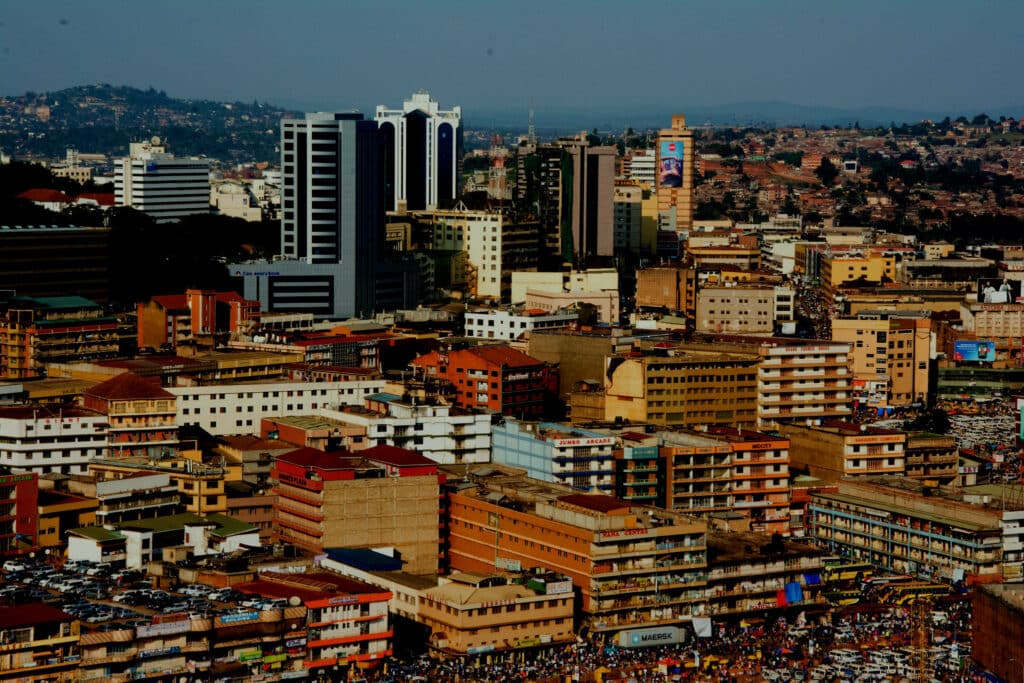
For the past years, civic space has been described as “shrinking” in many countries around the world. The adoption of restrictive laws, the harassment of journalists, the arrest and detention of human rights defenders and the suspension of activities or freezing of accounts of civil society organisations, are common tactics used by states to restrict civic space and intimidate activists. Unfortunately, East Africa is no exception to this trend. In fact, countries of the region are defined as “repressed”, or at best as “obstructed”, by CIVICUS, which documents this trend worldwide.
In East Africa, the freedoms of peaceful assembly, expression and association are protected by the national constitutions and international human rights instruments ratified by the respective states. A common feature of these freedoms is that none are absolute – both domestic and international law allow for their exercise to be restricted. What limitations to civic freedoms are permitted, and how have national and regional courts assessed the compliance of laws regulating civic space with constitutional and international human rights standards? How have they struck a balance between individuals’ freedoms and the need to protect the rights of others and the public interest?
This research paper answers these questions, by analysing and comparing a wealth of jurisprudence on civic freedoms from national courts of Uganda, Tanzania, Kenya and Burundi, and the East African Court of Justice. It builds on a database with jurisprudence created by ASF, which brings together such jurisprudence. The paper analyses how courts have allowed limitations to public freedoms, invoking national security, public order and the protection of the freedoms of others – similar to those limitations allowed in international human rights law. Courts have also employed the principles of legality, proportionality and necessity to either uphold or strike down restrictive laws and acts of governments. The paper also looks into key trends and restrictive environments affecting civil society organizations operating in the region.



